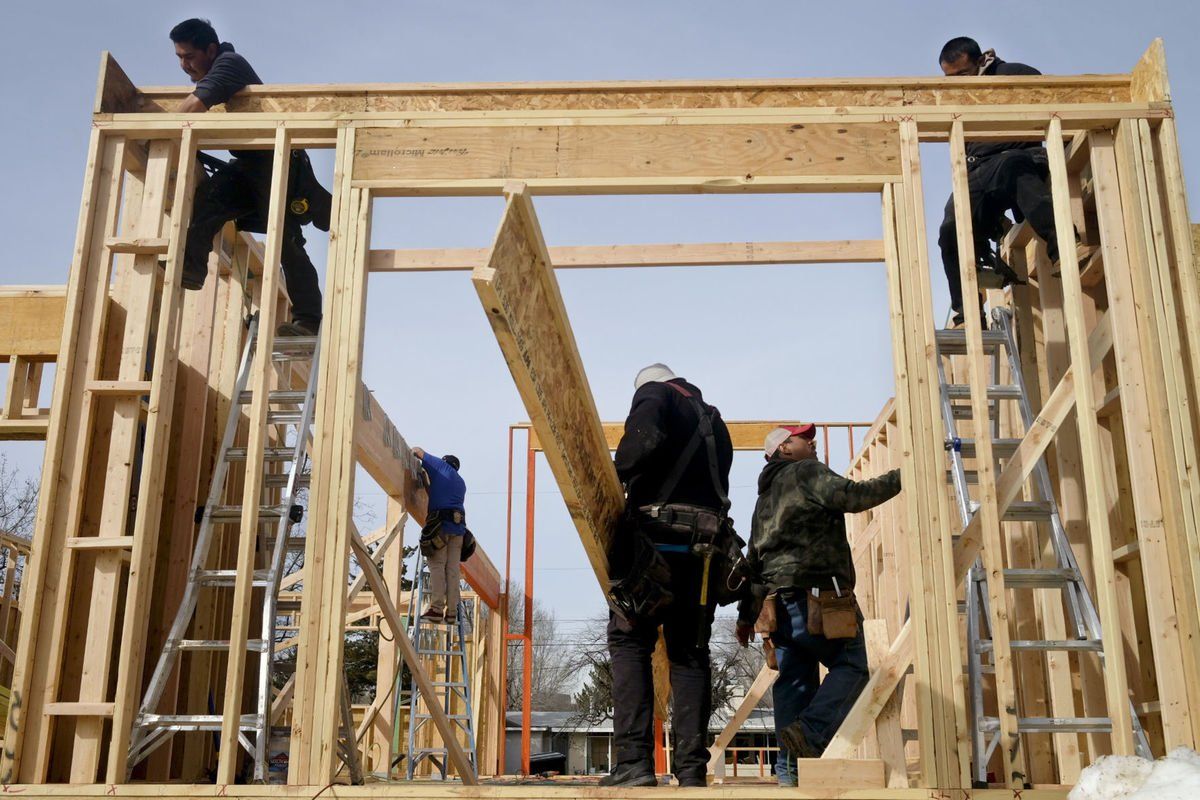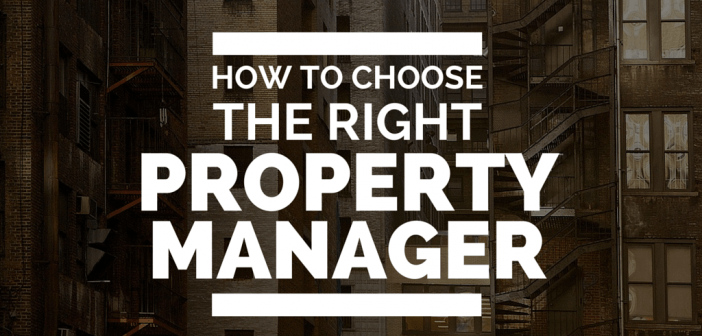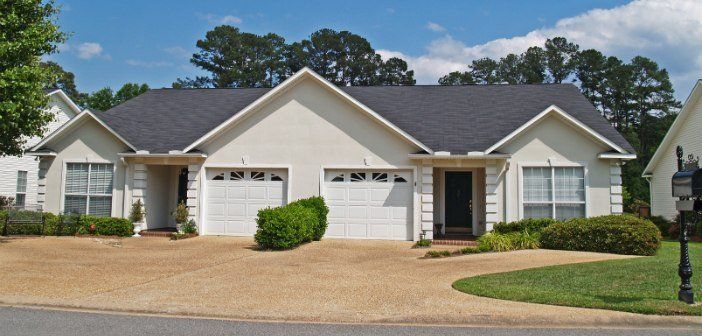
Provo Home Will Save Tons Of Energy – Katie England Daily Herald Carl Youngblood has long held an interest in energy efficiency, and it shows. He drives an electric car and is thinking of trading in his family’s second vehicle for a Tesla. It makes sense, then, that the software engineer is now constructing the first certified “passive house” in Provo. Youngblood had been studying off-the-grid cabins and houses when he first came across the concept of a passive home. “This was a standard that was the deluxe version of that, so I gravitated toward it,” Youngblood said. So what’s the difference between a passive home and a regular one? Special building designs, and massive amounts of insulation. These features keep the buildings from changing temperature quickly. Buildings built to the standard can save up to 80 percent on energy use, according to the website of Brach Design Architecture. In some parts of the country, the insulation allows owners of passive homes to forego heaters. With Utah’s winters, a heater will still be needed, though on a much smaller scale than normal. Even then, solar panels Youngblood is planning to install will produce the energy needed to run the entire home, which includes an accessory apartment in the basement. “It’s called a net zero — a house that is producing as much as it is consuming,” Youngblood said. The walls of the home have three to four times the thickness of insulation that a normal home would, and another barrier is put in all the walls to keep the building airtight.

How to choose the right property manager. If you’re anything like me, you probably LOVE the idea of “passive income”. It’s okay to admit it. It’s a buzz word we’ve all been hearing about for years now, and let’s be honest… who wouldn’t want several large paychecks to finance their lifestyle? Would it be so bad if those paychecks kept coming in month after month, year after year, for the rest of your life, regardless of whether you kept working? Yeah — passive income sounds like a dream come true alright, but we’ve all had people try to sell us on this before. Back when I was a new investor, I heard the same sales pitch about all kinds of new business opportunities, investment funds, real estate courses and multi-level marketing schemes. Everyone talked about it like they had the “keys to the cash flow kingdom,” but when you hear this much hype about something, it’s easy to grow a thick layer of skepticism toward the idea. Obviously it sounds great, but come on, is this really possible? Most of us have a hard time believing in things like passive income. We understand it conceptually, but when you’ve never seen it or experienced it firsthand, it’s just hard to know whether this stuff is a myth or a reality. It definitely looks good on paper, but is it really that simple? Can anyone actually show me the money? Dealing With Reality When I was in college, I was fascinated by the idea of buying rental properties. Like most of us, I had read all the Rich Dad Poor Dad books, seen all the late-night infomercials and spent hours scouring the internet for answers. All the books made it sound like the smartest thing you could do with your money, and everyone on TV made it look like candyland… but whenever I talked to the REAL landlords I knew in my life, I heard quite a different story. businessman questionMost of them would tell me how difficult it was to deal with tenants, describing one horror story after another. It seemed like they were constantly feeling burnt out and disillusioned with the foolish dreams they once had of being a landlord. If I didn’t know any better, I would’ve thought they were miserable! You’ve probably heard some of the horror stories too, am I right? Maybe you’ve even experienced some of them yourself. Perhaps you know exactly what it’s like to deal with irresponsible renters, exploding toilets, bug infestations, leaking pipes and evicting the “tenants from hell.” When I heard these kinds of stories, rental properties sounded more like a nightmare than a dream come true. It always left me wondering, why are so many landlords willing take this kind of abuse? If passive income is really attainable from real estate, why does everyone have such a hard time finding it? Nevertheless, I remained cautiously optimistic that I would find what I was looking for. The Dream Becomes Reality When the day finally came for me to take the plunge and buy my first rental property, I was pleasantly surprised to find that passive income really did exist. It’s wasn’t just a sham after all! I was able to find some for myself, and there’s no reason you can’t do the same. The truth is, there was only one reason I ever got to experience this phenomenon firsthand. It happened because I found the right property management company. Without question, my property manager has had a MASSIVE impact on the success of my rental properties. If I didn’t have a good, competent property management company running the show, I never would have survived in this business. It’s just that simple. Get to Know Your Property Manager As I eventually learned from my conversations with other rental property owners, I apparently got lucky with my property manager because they’re not all created equal. Even though some of them are EXPERTS who are very good at what they do, others are quite the opposite and represent all that is wrong with the industry. Finding the right rental property manager is a big deal! After all, these people are going to be your eyes, ears, hands and feet on the street. Their actions will have a major impact on whether you own a profitable and efficient portfolio of rental properties or a business that is constantly struggling to keep its head above water. If you decide to hire a property management company, you need to understand who you’re working with BEFORE you give them the keys to your property. When I went shopping for property managers on my first duplex, I used a series of questions that helped reveal just how experienced and competent each candidate was and whether it made sense for them to manage my specific property. The questions worked astoundingly well. In about 30 minutes, I was able to establish a reasonable level of trust (which was a lot better than gambling with my life’s work just to “test them out” in the real world). Here’s what I asked them… Property manager – www.primetimemgt.com Regarding Their Experience: What kinds of properties are you most experienced in managing? (i.e. single family homes, multi-family, apartments, commercial, etc.)? How many rental units do you currently manage? How long have you been active in the property management business? How many rental properties do you own personally? Regarding My Properties: In your opinion, what are the best areas in town to own rental properties? What are the average vacancy rates in these areas? What is unique or special about these areas? Do you think these areas are improving or declining? When you look at my property (or the property I’m looking to buy), does it strike you as a good investment for the price I’m paying? Why or why not? If you were buying a new rental property today, which areas would you focus on and what types of properties would you be targeting? Why? Management Related How is your company’s work divided (i.e. how many units does each person manage)? What portion of your maintenance work is contracted out vs. done in-house? How does your tenant screening process work? What steps do you take to find good, long-term tenants? How does your eviction process work? Tell me the timeline of events, starting from the first day rent is late. What are the tenant’s responsibilities in your lease agreement (e.g. cleaning, furnace filters, yard care, etc.)? What happens when a tenant doesn’t handle these responsibilities? At what point will you come to me for approval of expenditures? What’s your spending limit? In what ways will you be able to improve the profit margin on my properties (e.g. increasing rent without losing tenants, sharing late fees, etc.)? Are there any other ways you can add value to my overall operation? How does your management fee structure work? What kinds of things are included or excluded (advertising, placement fees, etc.) Other Things to Consider: How often will you provide me with an accounting statement for my properties? Will you deposit each month’s rent into my account via direct deposit or via check? Do you have the appropriate license(s) to be a property manager? Do your contractors carry their own liability and workman’s comp insurance? Are there any regularly occurring times you’ll be visiting my tenants/properties? While I was at it, I made sure to check out their website and drive by a couple of the properties they were already managing. This gave me a good idea as to whether their properties fell in line with my overall expectations and whether they were going to be a good fit with the types of properties I was planning to buy in the future. A Good Property Manager Will Make Time for You I realize this list of questions is quite thorough, and in some cases you may run across a property manager who is just too busy to sit down and answer them for you. I understand that property managers are busy people (I am too, believe me), but I also know that if they have any desire to grow their business and bring on new clients, they will set aside a few minutes and answer them for you. Some property managers will be pretty obvious about the fact that that they don’t have time for this silly little interview (and that’s their prerogative). If you’re getting this vibe from a potential property manager, you can take this as their way of saying: “We don’t have time for your business. Get lost.” If a property manager doesn’t have time to answer your very simple questions in this interview, do you really want to put them in the driver’s seat? Do you think they’ll treat you any better after they’re controlling the fate of your business? Just speaking for myself, it’s not something I’d want to leave up to chance. Pass the Torch (and Stop Micromanaging) There’s one more dilemma that many of us have to wrestle with. It’s called micromanaging. This challenge seems to be particularly difficult for those of us who have already been managing our own properties for years, but are trying to get out from under it. The problem is, the whole point of hiring a property manager is to make your life easier, and part of this transition process involves you letting go. A rental business will never operate at a perfect level of efficiency, even when you’re at the helm. Give it some time and keep your eyes peeled for patterns of unfavorable outcomes, but keep calm and let your property manager carry on.
Reasons Tenants Move If you’ve been a landlord for long enough, you’ve inevitably had an experience where you have a good tenant — things seem to be going fine — and then they surprise you by not renewing their lease. Aside from being costly, these situations are confusing. What makes these tenants leave? 1. Changes in Personal Situation In many cases, a tenant’s personal situation may simply change. Maybe they’ve changed jobs, recently expanded their family, or are moving away to be close to a significant other. There’s nothing you can do about these highly personal situations, which often sneak up with very little warning. 2. An Expensive Rent Hike Are you enacting an increase in rent? Even if it’s simply to keep up with the going rate, many tenants don’t like the idea of increasing a rent payment for the same property. For some reason, they’d rather switch properties and pay more. Psychologically, a new place seems to better justify the price increase. If you absolutely have to raise rent, do so over time. Raising your rent by more than 10 percent is a surefire way to lose even your most loyal renters. If your rent is significantly below market value, tell your tenants. Then, gradually raise rent in increments each year. Raising rent 2–3 percent here and there will have a much less noticeable effect. 3. Poor Attention to Detail Sometimes tenants simply get tired of dealing with your lack of attentiveness. While they understand that issues happen, they want to see you put forth the proper effort to correct them. For example, if the air conditioning goes out on a Friday afternoon in July, they want you to make as many calls as you can to get someone out there right away. Waiting until Monday and forcing them to suffer through the miserable heat won’t win you any bonus points. 4. Lack of Communication This one goes hand-in-hand with the last point; lack of communication is a major cause for turnover. Not only do you have to communicate regularly with your tenants about things like maintenance, but you also need to speak with them about renewal well in advance to give them time to process things like rate increases or changes in lease terms. 5. Lack of Trust What have you done to establish trust and rapport with your tenants? Do they feel like they can be upfront and honest with you? — Or do they sense that your only purpose is making money? Tenants want to be treated with transparency. 6. Problems With Neighbors As we all know, bad neighbors can make for a miserable housing experience. Nobody wants loud, intrusive neighbors. If you have bad neighbors around, don’t be surprised when your tenants take a hike. The Cost of Turnover Experienced real estate investor Kevin Perk knows a thing or two about managing properties, so when he says that tenant turnover is the single biggest killer of cash flow, your ears ought to perk up. “When talking about tenant turnover killing cash flow, I am talking about all of the processes and costs involved in moving a tenant out of an apartment, fixing it up, and moving another tenant in,” Perk says. These include administrative costs, advertising, showing the property, application costs, repair expenses, and, of course, lost income. While you can’t retain 100 percent of your tenants, you can make sure you’re aware of the common causes of turnover so that you don’t do yourself a disservice. Reasons Tenants Move – Reasons Tenants Move – Reasons Tenants Move – Reasons Tenants Move – Reasons Tenants Move – Reasons Tenants Move – Reasons Tenants Move – www.primetimemgt.com







